Emergency Loans for Bad Credit: What Are Your Real Options?
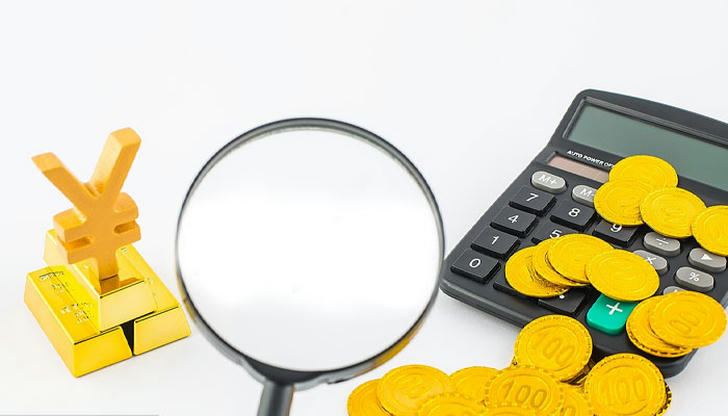
Life doesn’t wait for perfect timing—especially when it comes to emergencies. Whether it's an unexpected hospital visit, a broken-down car, or a rent bill due tomorrow, these situations demand immediate action. But what if your credit score is far from ideal? For many, bad credit adds an extra layer of stress to already tense circumstances.
The good news is that having bad credit doesn’t mean you’re out of options. It just means you have to be more careful, more informed, and more strategic. This guide walks you through emergency loan options available to people with bad credit, helping you understand what's safe, what's risky, and how to move forward responsibly.
I. Common Emergency Situations

Before we jump into loan types, let’s look at the kinds of emergencies that often send people searching for quick cash:
·Medical bills: A sudden illness or accident can result in thousands of dollars in out-of-pocket expenses.
·Car repairs: If your vehicle is your lifeline to work or school, a breakdown can create a chain reaction of missed income and appointments.
·Rent and utilities: Falling behind on rent or essential utilities can put your housing at risk.
·Family emergencies: Unexpected travel, funeral costs, or urgent support for a loved one can create pressure to find funds fast.
These are all situations where timing matters. So, what options do you have when credit is tight?
II. Emergency Loan Options for Bad Credit Borrowers

If your credit score is low, you’ll likely be denied traditional personal loans through banks. But there are still several short-term loan options available, each with its own advantages and risks.
Payday loans are one of the fastest and most accessible options. They typically offer small loan amounts due in full on your next payday. However, their convenience comes at a steep price, often with extremely high fees and interest rates.
Installment loans give you the ability to borrow more money and pay it back over time with fixed monthly payments. Some lenders specialize in working with people who have poor credit, though the interest rates are still often higher than standard personal loans.
Title loans allow you to borrow money using your vehicle title as collateral. They can provide quick access to cash but come with a major risk—if you can’t repay on time, you could lose your car.
Credit card cash advances are another option if you already have a credit card with available credit. You can withdraw cash from an ATM or bank, but this method usually comes with a high upfront fee and starts charging interest immediately.
Employer paycheck advances are sometimes available through your workplace. Some companies allow employees to access part of their earned wages early or offer short-term loans with low or no interest as part of employee assistance programs.
Online lending platforms and peer-to-peer lenders can also be worth exploring. Some specialize in bad credit loans, and they may offer more flexible repayment terms and less predatory practices. Still, it’s essential to read reviews and verify the legitimacy of the lender.
III. Pros and Cons of Each Option
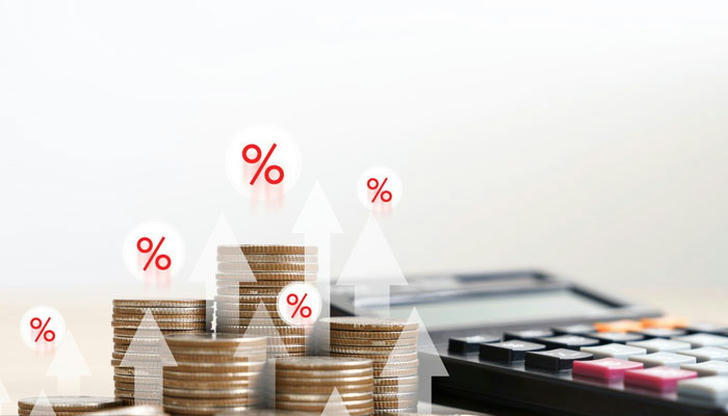
Each emergency loan option has trade-offs. For example, payday loans are fast and easy to get but come with shockingly high costs. Installment loans may be more manageable to repay, but approval can still be tricky with very low credit. Title loans offer larger amounts but put your transportation at risk. Cash advances from a credit card are convenient, but the fees and interest rates are high. Employer advances are low-risk if available, but not all companies offer them. Online lenders provide a range of options, but there’s a risk of scams or misleading terms.
When evaluating any loan, ask yourself: How fast can I get the money? How expensive will it be in the end? Can I realistically repay it on time?
IV. Things to Watch Out For
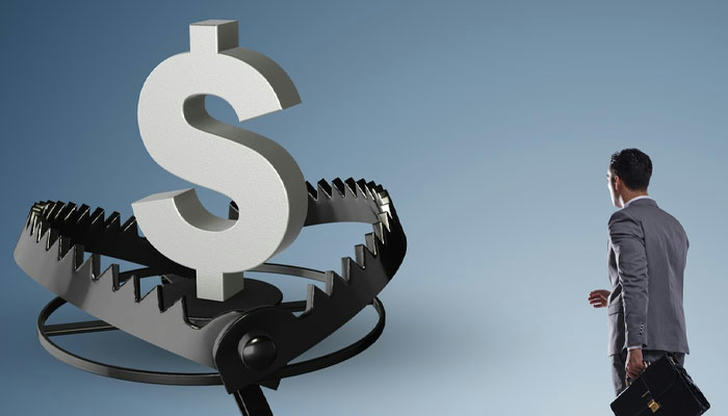
In times of financial stress, it's easy to fall prey to lenders who take advantage of desperate borrowers. Be cautious of predatory lenders who make the loan seem easy but trap you in a cycle of debt through excessive interest or aggressive collection tactics.
Watch out for balloon payments—loans that seem affordable at first but require one large lump sum at the end. These can be difficult to manage if you’re already short on cash.
Be aware of hidden fees and rollover traps, especially with payday loans. Some lenders allow or even encourage you to "roll over" your loan into a new one when you can’t repay the first, racking up even more debt.
Always read the terms carefully. If a loan seems too good to be true, it probably is.
V. Tips to Get Approved Faster and Safer

To improve your chances of getting approved—and protect yourself in the process—follow these tips:
Have Your Documents Ready: Proof of income, ID, bank statements, and employment verification can speed up processing.
Boost Your Credibility: A co-signer, consistent income, or stable employment history can help you qualify for better terms.
Use Comparison Tools: Online loan marketplaces can help you compare multiple lenders quickly and see real rates and terms.
Taking a little time up front can save you a lot of trouble later.
VI. Responsible Use of Emergency Loans
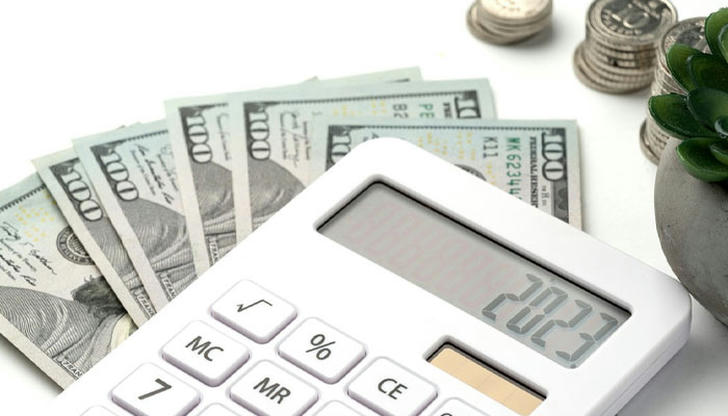
In a crisis, it's tempting to grab whatever loan you can get. But taking on debt without a plan can make your situation worse.
Only borrow what you truly need—not what you want. Set up a clear repayment plan before you even apply. Ask yourself: How will this loan affect my budget over the next few months?
And finally, think about the long-term. Could this loan damage your credit further, or will it help you stabilize and move forward?
Conclusion
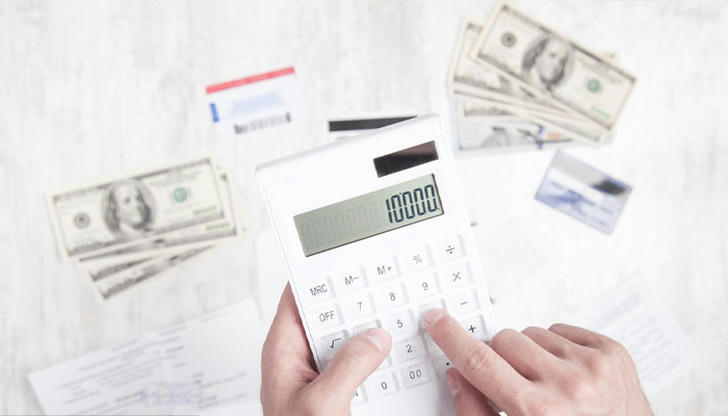
Financial emergencies are stressful, especially when your credit is already hurting. But even if your score is low, you still have real, usable options—from installment loans and employer advances to online platforms and even credit card cash advances.
The most important thing is to stay informed, avoid high-risk traps, and borrow with a clear repayment plan. And when the crisis passes, take time to explore long-term financial strategies, like building an emergency fund or working with a credit counselor.
You may not have perfect credit—but with the right decisions, you can make it through the storm and start moving forward.
